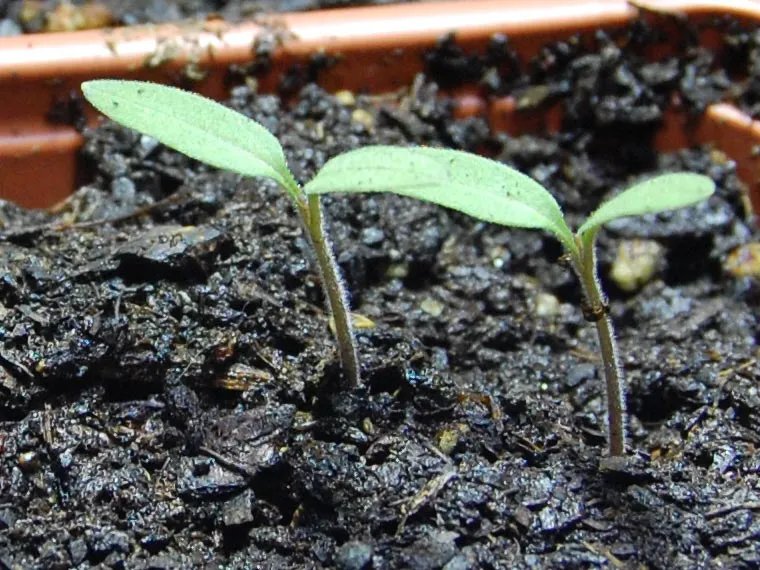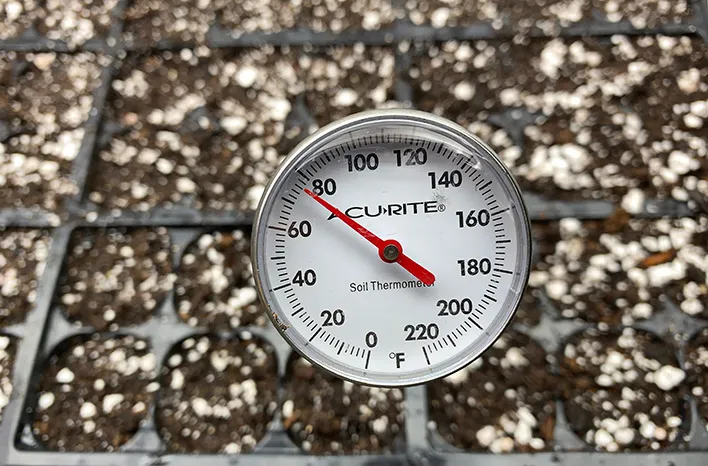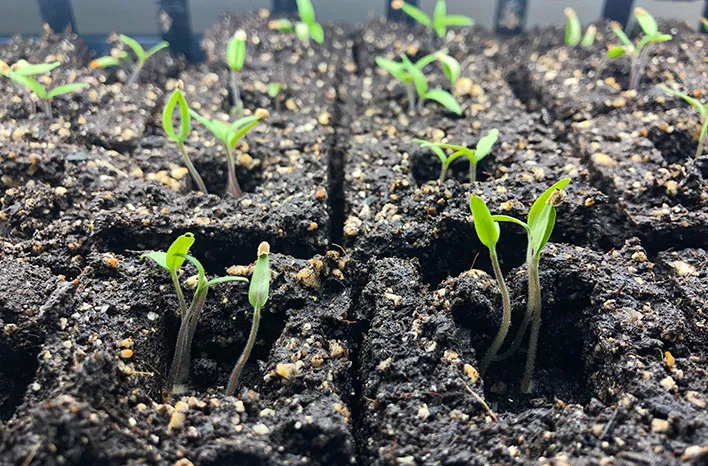A fact to take into account in agricultural production is that commercial fertilisers, for their validation and efficiency in the field, are subjected to germination tests to determine their phytotoxicity.



▶ To tell the truth, it can be assured that determining the phytotoxicity of a chemical product such as fertilisers is something important, but in the case of organic products, the maturity of these products must be known, as the more mature they are, the lower the phytotoxicity and therefore the higher the germination rate.

▶ Credits: Joegardener. – [Image of Public Domain]
≕ I invite you to stay tuned and read my next contribution ≔
In a practical sense, germination tests allow to observe growth responses in seedlings and thus to determine the concentration of phytotoxic compounds, mainly acids.
Generally, depending on the maturity of the compost, differences in phytotoxicity are observed, resulting in different germination rates.
The material to be used will be compost samples where seed germination needs to be tested and if the germination rate is high, the compost has low phytotoxicity.

However, if the germination percentage is lower, the compost has a higher concentration of phytotoxic compounds, so its application in agricultural fields is not recommended.
NOTE: Reference material.